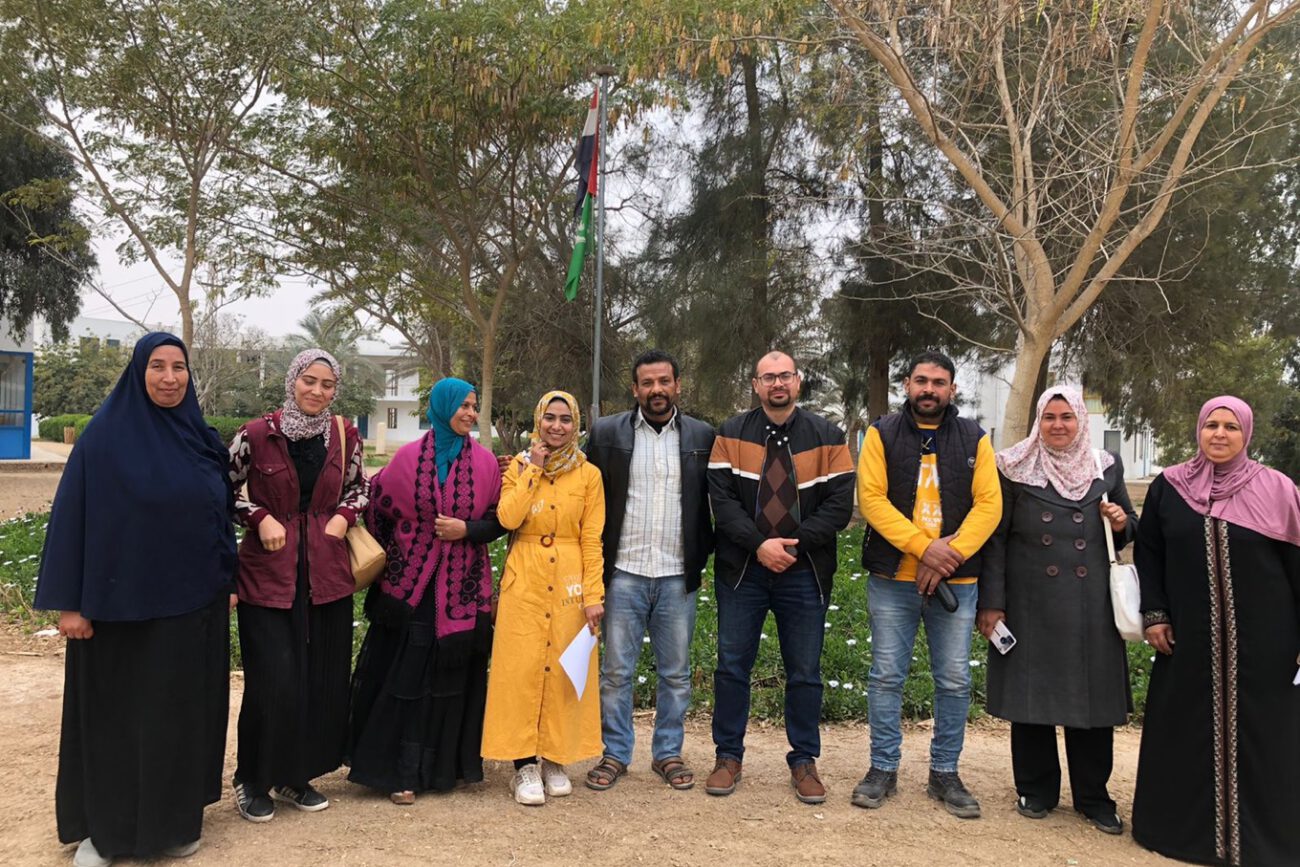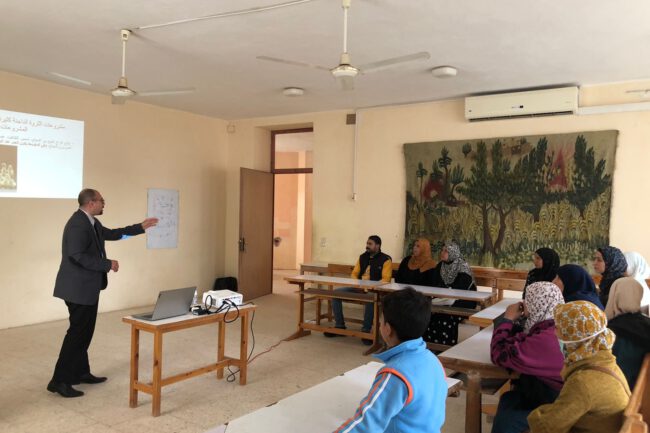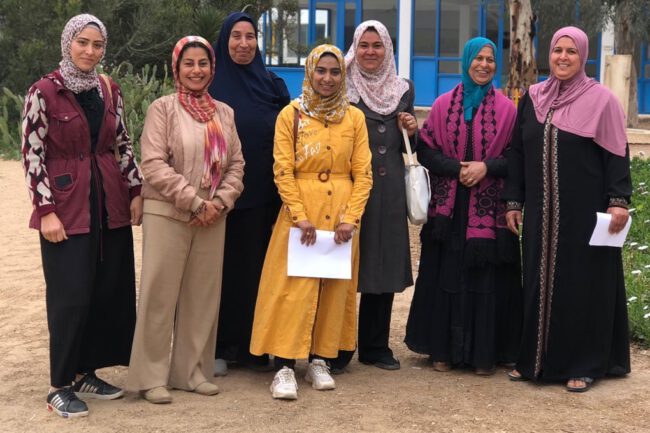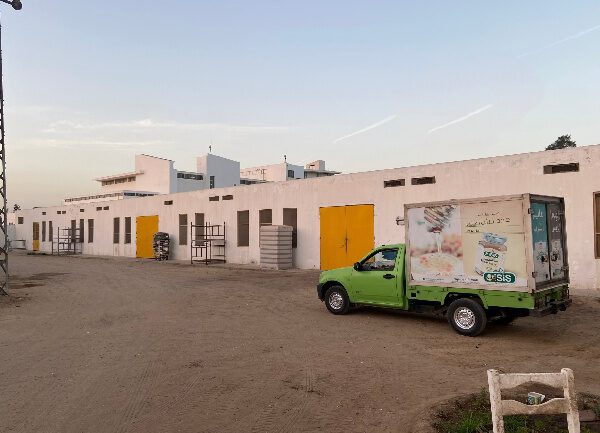Our licensed food co-processing facility -inside Sekem-, marketplace and delivery centers “RDNA Works” will create 1560 jobs by supporting 300 young small-scale producers and farmers (at least half of which women), to grow their businesses, and move from informal to formal economy. Harnessing the consortium’s industrial infrastructure & expertise, rural and urban producers will be able to process and distribute licensed products to consumers and large retailers, allowing young women and men to grow their organizations, and access safe, flexible, and sustainable employment.
The Problem
Small-scale food producers in Egypt face several challenges that limit their growth and shift from informal to the formal market. While the current government’s measures removed minimum capital requirements for the companies, licensing of products is an expensive and challenging step. It usually requires specific industrial areas and production and safety conditions. On top of this, the imposed minimum quantity order puts extra pressure on the producers. When a food processor decides to outsource the production, there are limitations on the minimum quantity order that is too demanding for small-scale producers.
Furthermore, because of delayed payment arrangements, many producers can’t produce their next batch. This limitation allows larger retailers to grow while the working capital of small-scale producers is frozen. And finally, having to deal with distribution intermediaries makes it hard for the food distributors to deal with short shelf-life products and small batches simultaneously.
The Solution
Using a system’s thinking approach, “RDNA Works” holistically supports small-scale producers and farmers to move up the value chain, transitioning from the informal to the formal economy and thus enabling them to sustainably grow their businesses, generating increased sales, income, and hiring of new employees.
To achieve this, “RDNA Works” will support small scale producers’ (75% of which are women-led, 80% of which are youth) challenging leap from home-kitchen operations to medium and large scale manufacturing by offering key logistical, legal, and strategic support, thus not only facilitating each producer’s growth, but also their capacity to create employment, and hire in a gender-equitable manner, securing up to 1560 new jobs, at least half of which for young women.
Each producer is supported in the whole value chain from procurement of raw materials to legal production of products to sales and distribution, and hiring, hence allowing the full cycle to close
Additionality
CFYE’s financial and strategic technical support will be critical in ensuring “RDNA Works” is able to achieve its mission of creating decent and better employment opportunities for youth and women. First and foremost, as gender is critical to our goal, technical support for our GESI strategy will ensure our approach to addressing the critical barriers contributing to gender inequality in employment is holistically addressed. As well, M&E technical support will enhance our ability to measure and learn from our approaches. The intersection of both GESI strategy and enhanced M&E approach will also be critical to being able to measure and/or demonstrate achievements and inroads to our goals increased, decent employment for youth and women. In addition, while our solution to enhancing employment among youth by removing small-scale local producers’ key obstacles to growth is straightforward and refreshingly simple, it requires substantial up-front capital. For example, the co-processing space requires large capital investment upfront, but once invested, the infrastructure is unlimited in its capacity to support young small-scale producers and farmers to grow. The capital investment will also enable us to create the e-commerce app for real-time payments directly to producers; putting profit straight into the pockets of young women and men and enhancing gender-inclusive practices by requiring producers to meet the minimum quotas of women and youth. Even if RDNA continued to grow with a 15% annual growth rate, it would take us approximately 7-8 years to generate the equivalent capital requested – all of which would be diluted over the years making it hard to use the lump sum to support the small scale suppliers effectively. In brief, Without the CFYE funding, it will either take much longer to achieve the socio-economic impact or we will have to change the business strategy due to business pressure to compete effectively. For certain, a very large number of our young small-scale producers would not be able to grow with us, and we would eventually need to rely increasingly on existing large-scale food producers.



